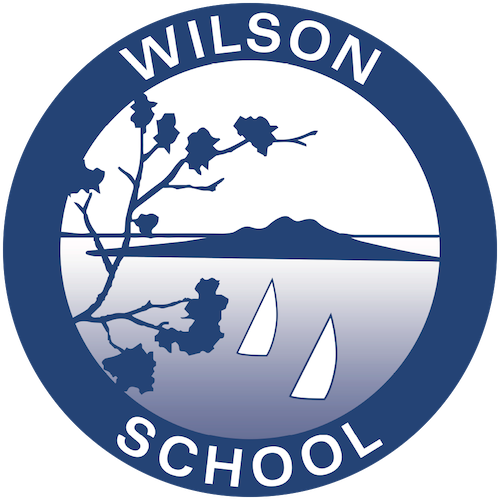IEP Assessment
An IEP or Transition Plan identifies the most important areas of educational need for each learner. Initially, longer-term aspirations are decided on before being crafted into more specific learning intentions. Each smaller learning intention should be challenging but achievable within one term. Goals are incorporated into every learner’s daily programme. They do not sit alone, out of context or in isolation. Full access to the curriculum is still provided, however, this plan identifies important areas to focus on.
A ‘traffic light’ assessment approach is used to monitor achievement against IEP goals on a termly basis across the year. This assessment provides information on overall achievement, achievement by subject area, achievement of Māori & Non-Māori Students, and achievement by gender.
Our annual IEP & Transition Plan Assessment Reports can be found here:
2022 IEP Achievement Report.pdf
2023 IEP Achievement Report.pdf
Connecting Steps
Connecting Steps is an inclusive assessment framework provided by B-Squared, it is designed specifically for students achieving below age-related expectations. This is used to track individual students but also supports our teachers as an assessment for learning tool.
Assessment for learning helps teachers gather information to:
- plan and modify teaching and learning programmes for individual students
- pinpoint students’ strengths so they can be built on
- identify students’ learning needs in a clear and constructive way so they can be addressed
- identifying potential next steps in learning
- support with teaching as inquiry
There are two pathways within Connecting Steps, depending on the needs of the learner. The Engagement Steps and The Progression Steps. Teachers update these on a termly basis.
The Engagement Steps have been designed to support ‘The Engagement Model’, and support learners with high and complex needs who may find it difficult to engage in subject-specific learning. The Progression Steps have been designed for students within specialist settings. We plan regular moderation meetings for teachers to promote the effective use of this tool, engage in professional dialogue and better understand the needs of our learners.
Engagement Steps include:
- Communication (Expressive & Receptive)
- Cognition and Learning (Exploration, Realisation, Anticipation, Persistence, & Initiation)
Progression Steps include:
- English (Reading, Writing, & Language)
- Mathematics (Number, Measure & Geography)
Our annual reports on this tool can be found here:
2022 Connecting Steps Report.pdf
